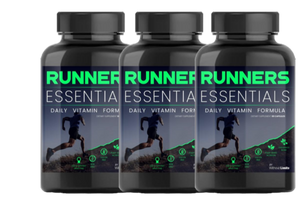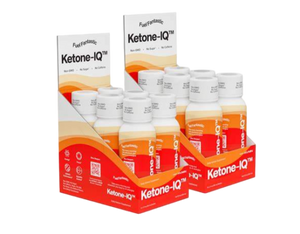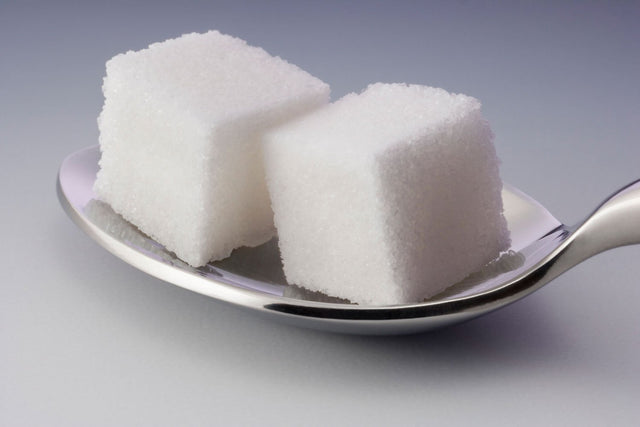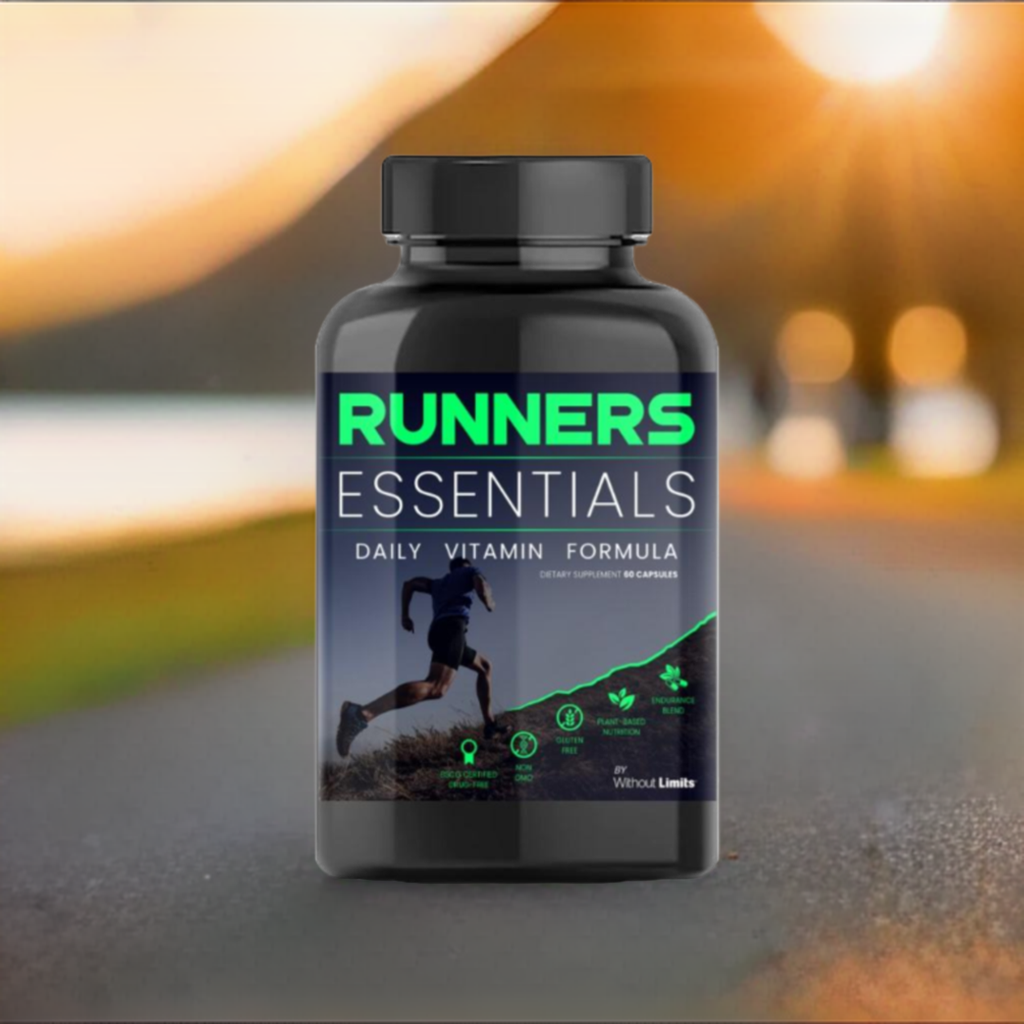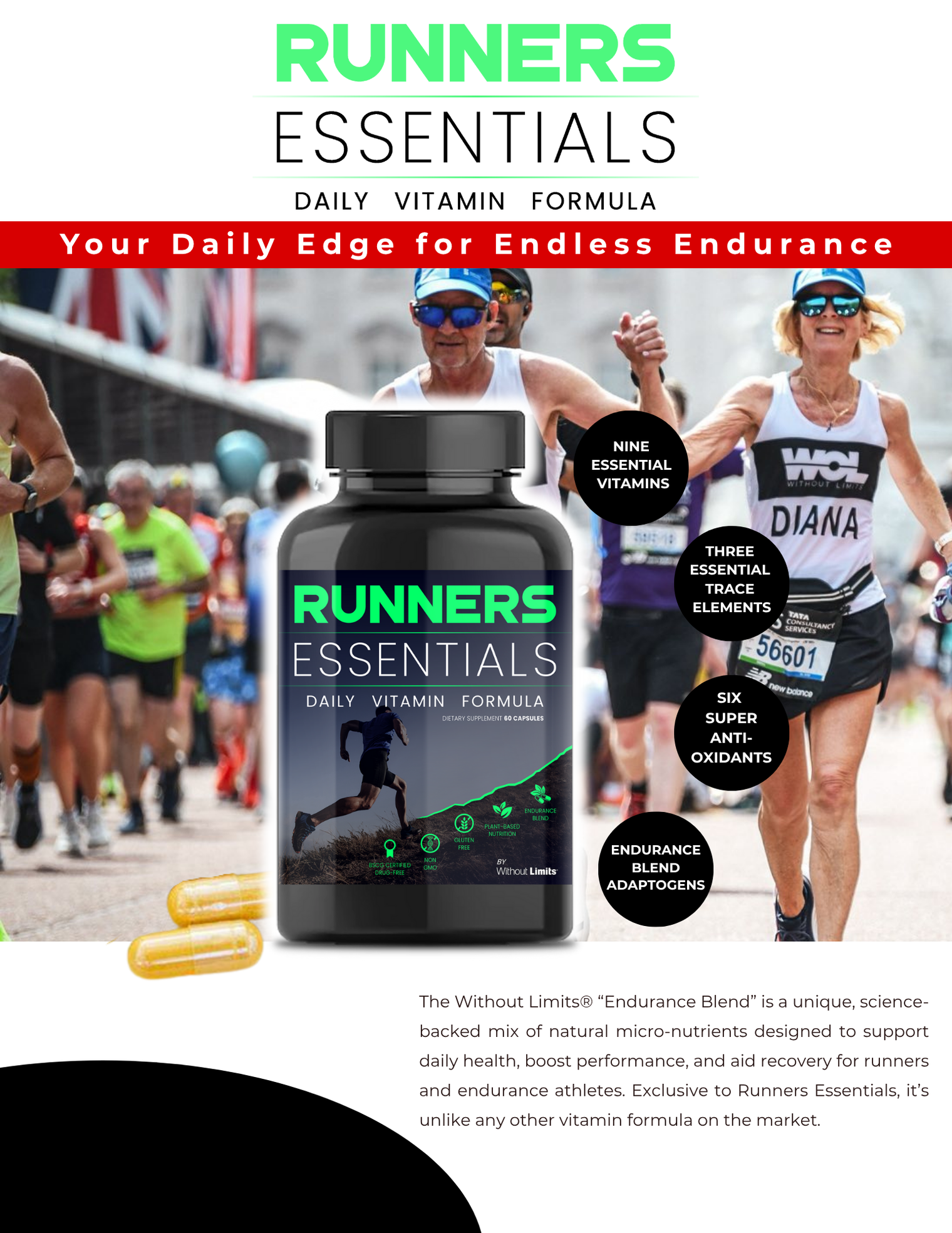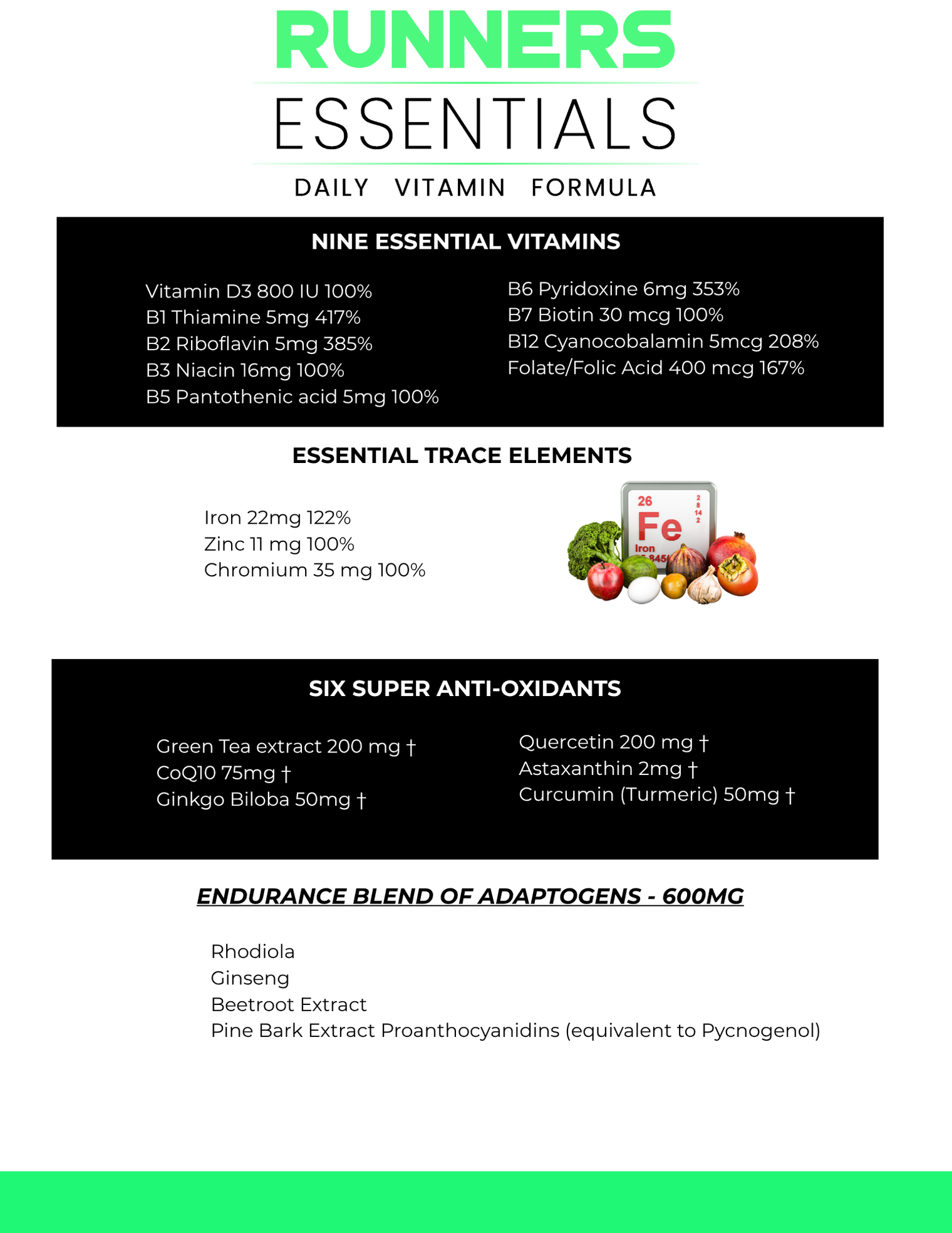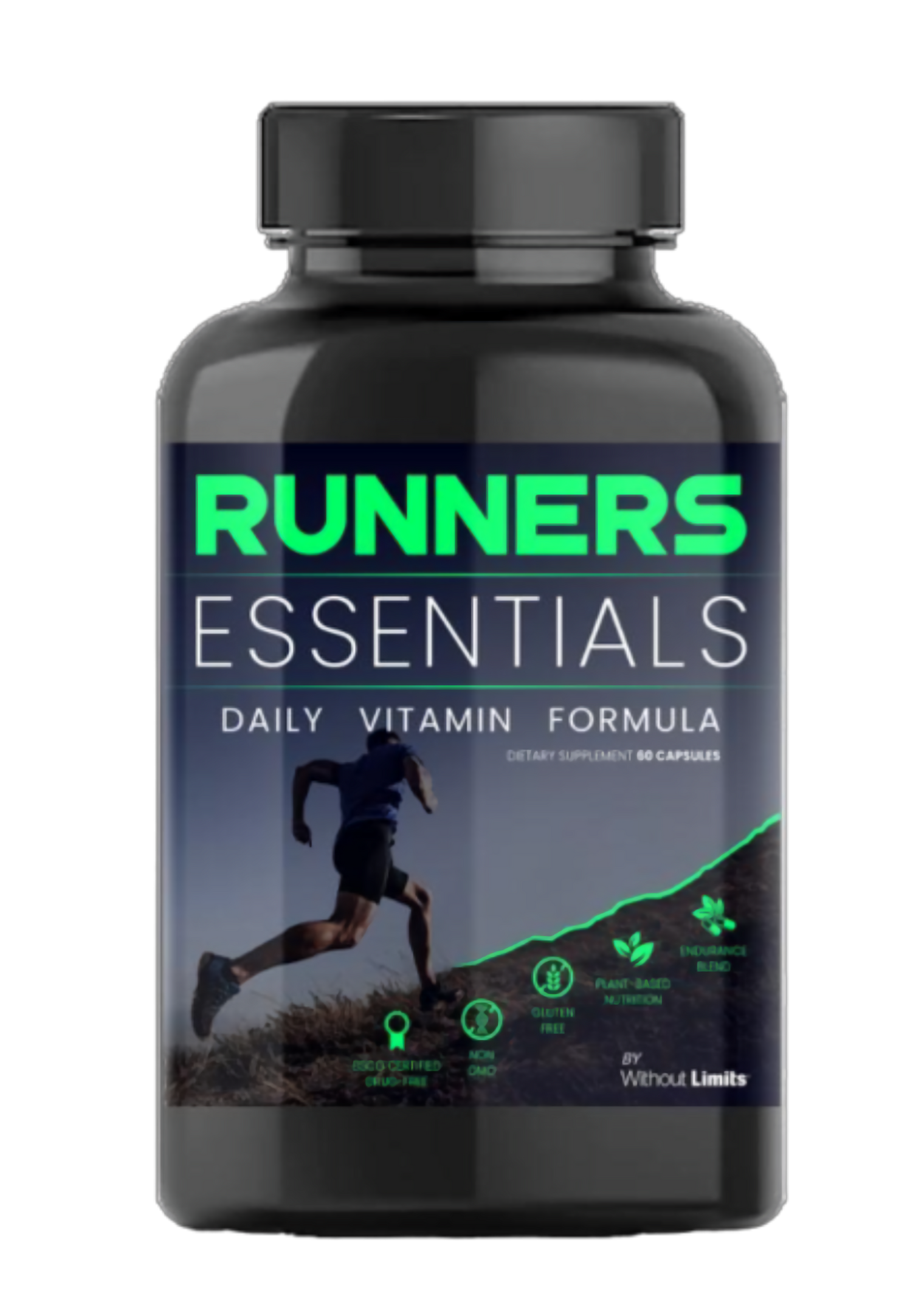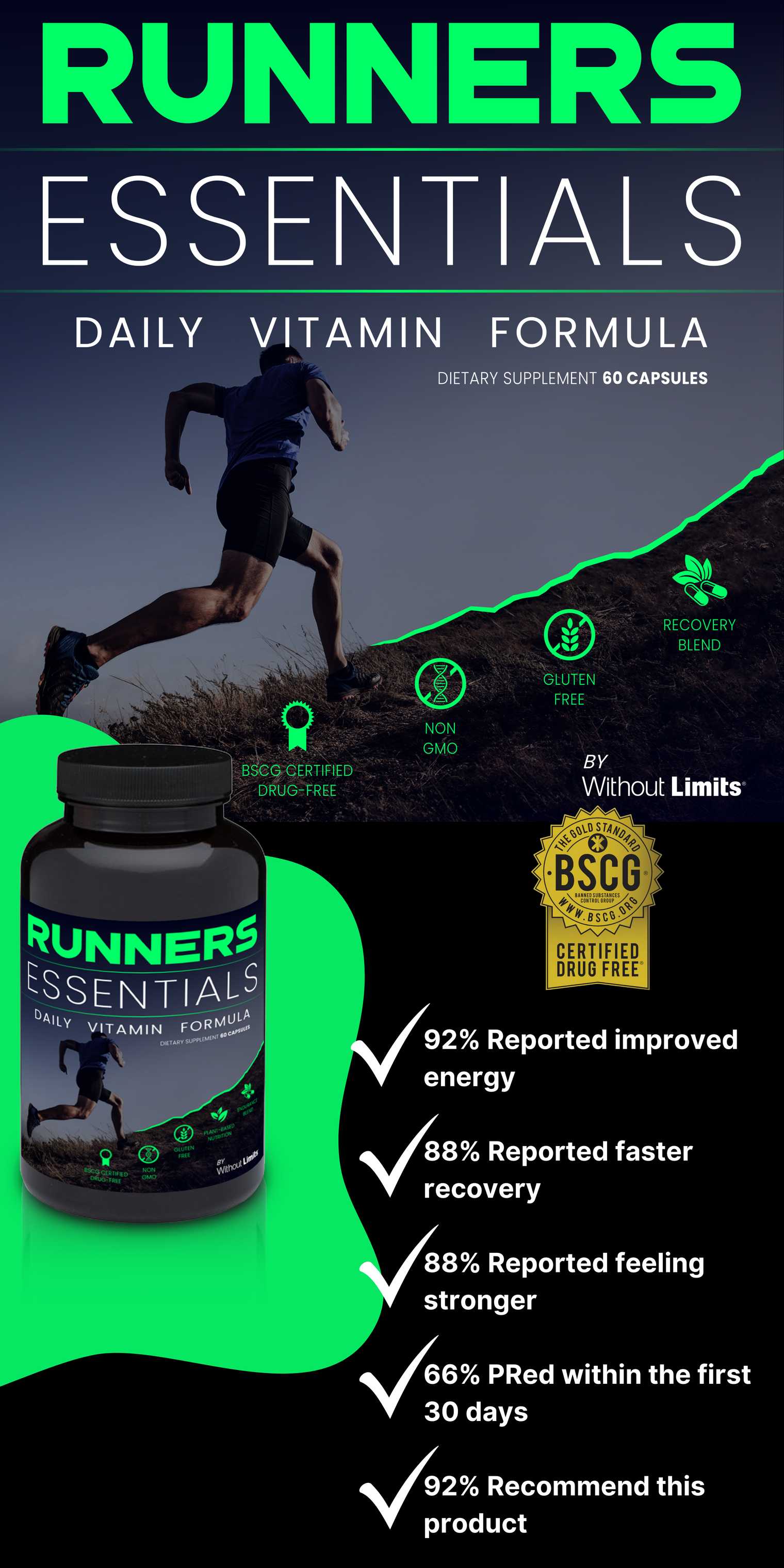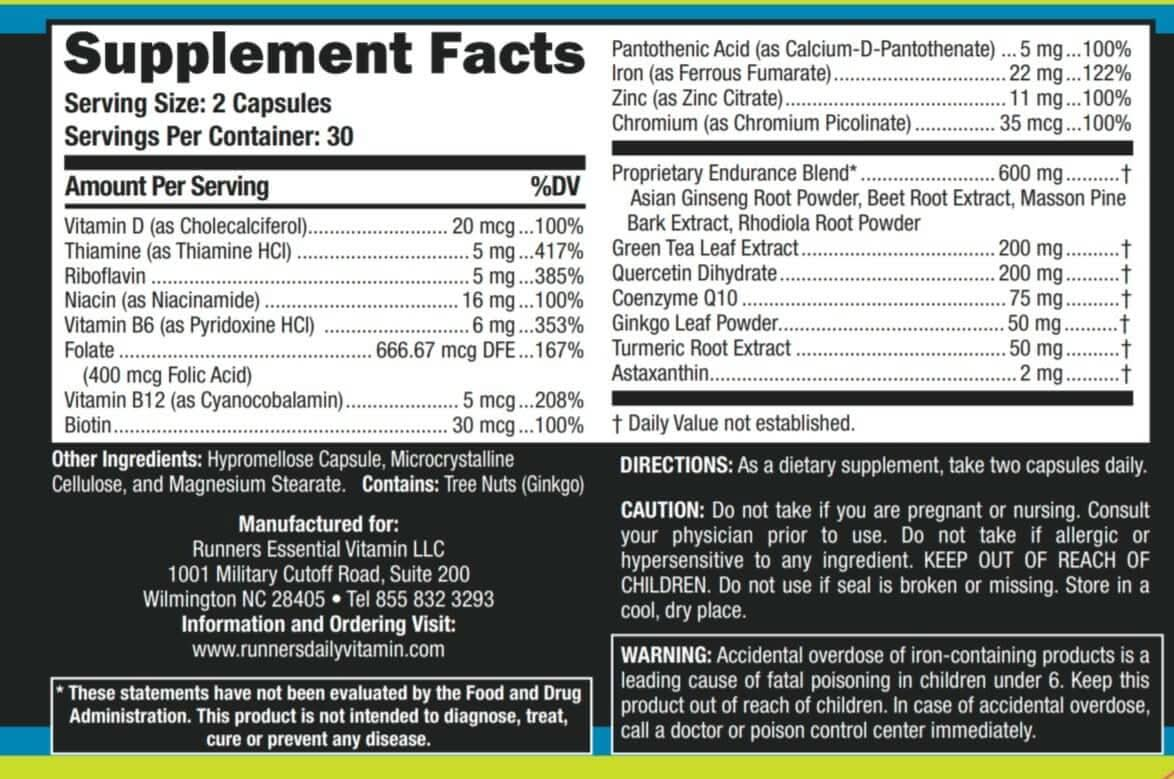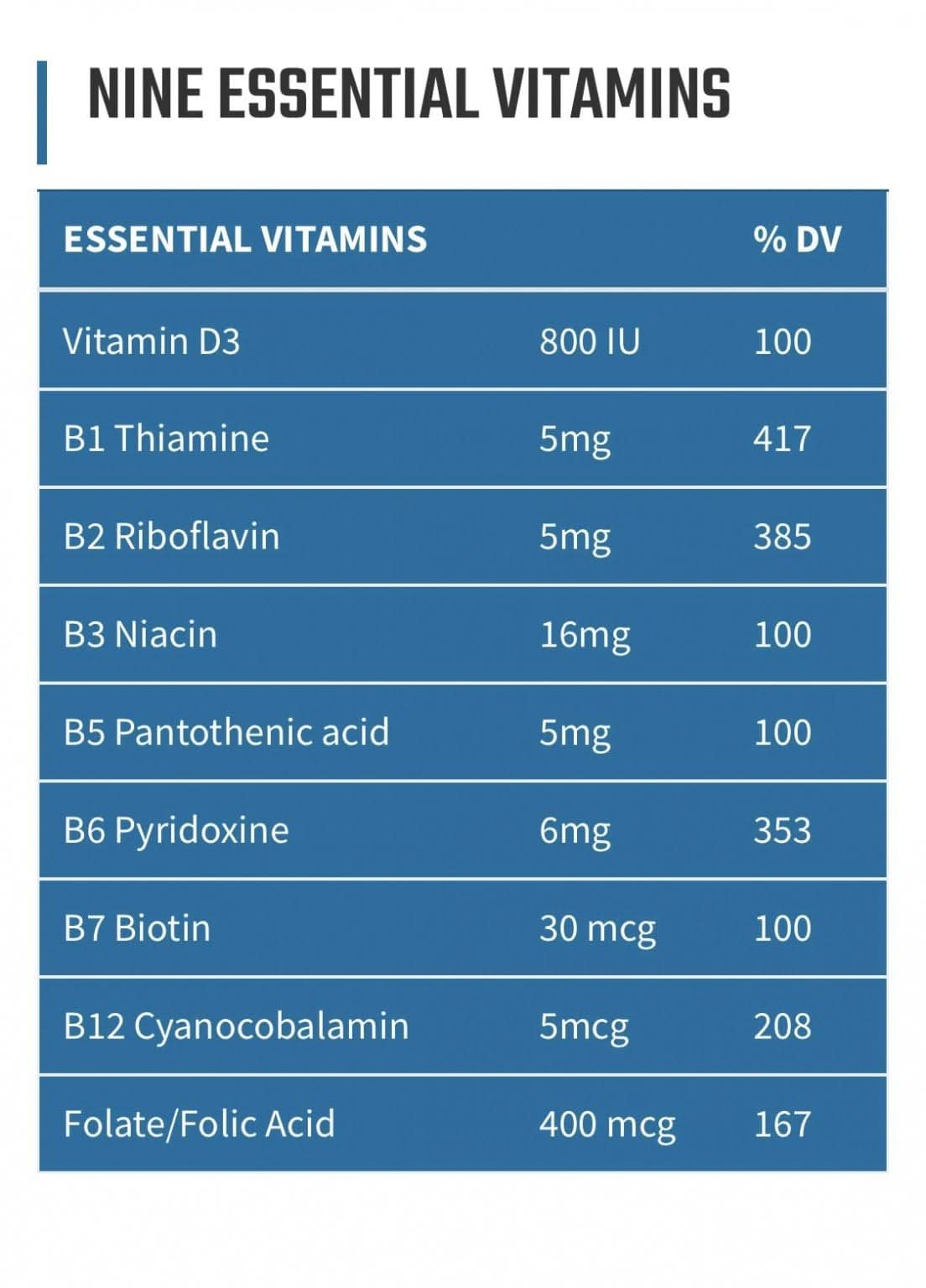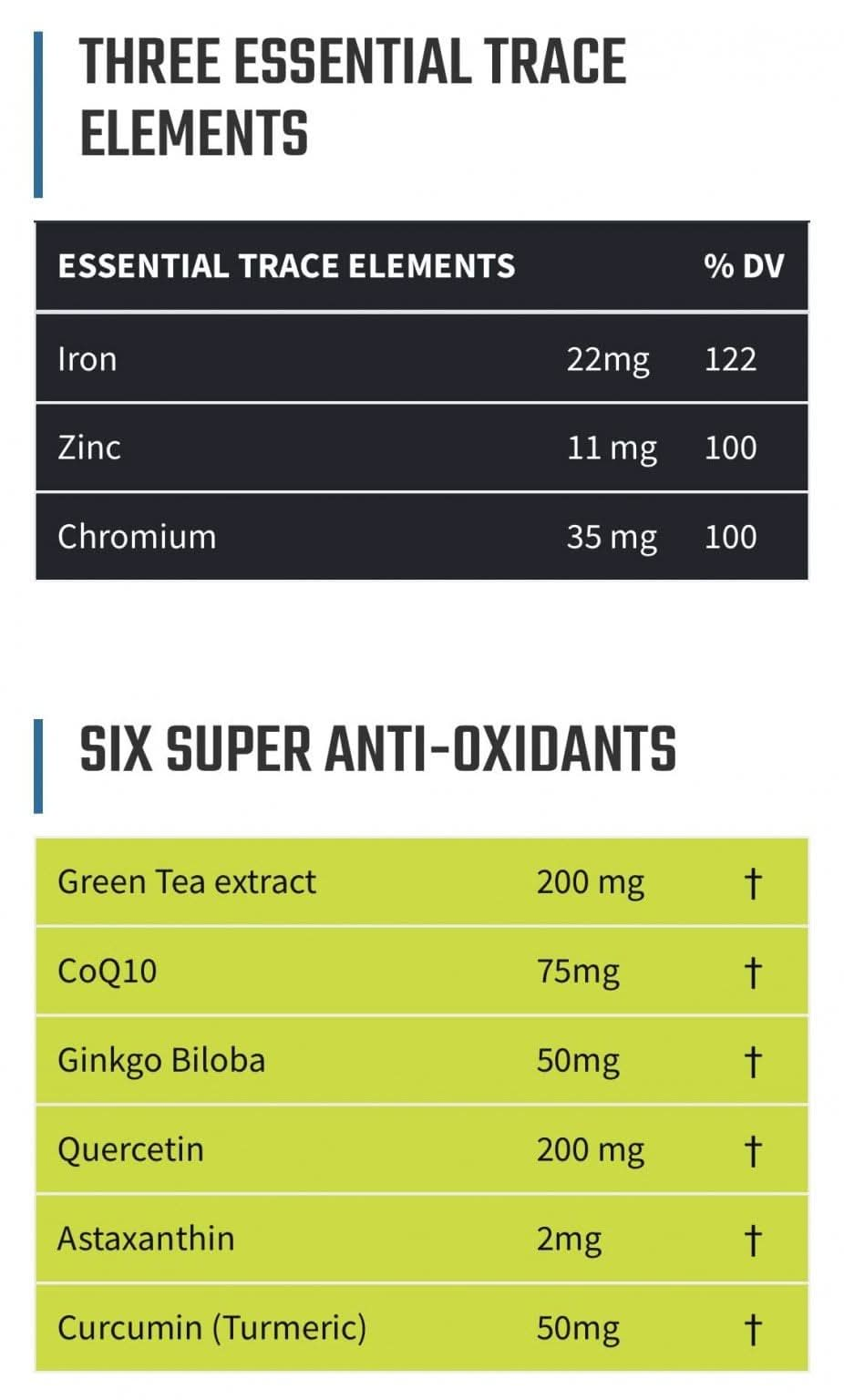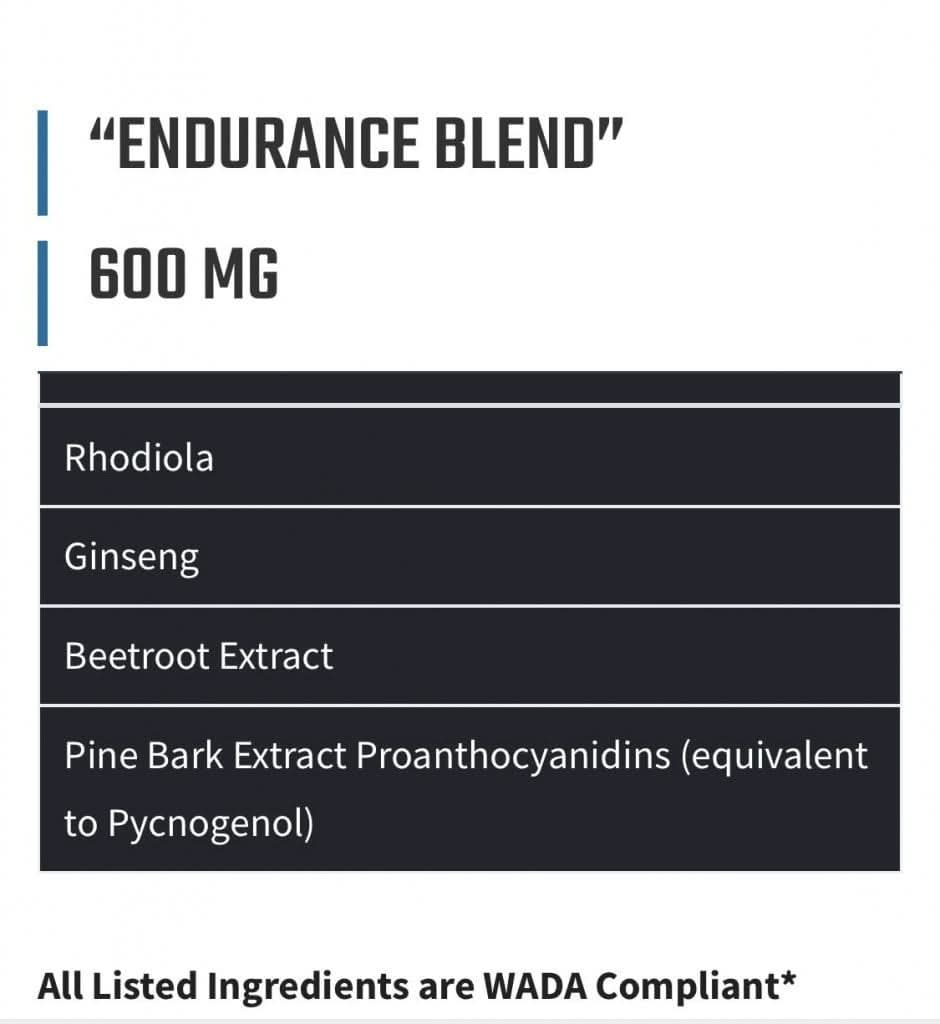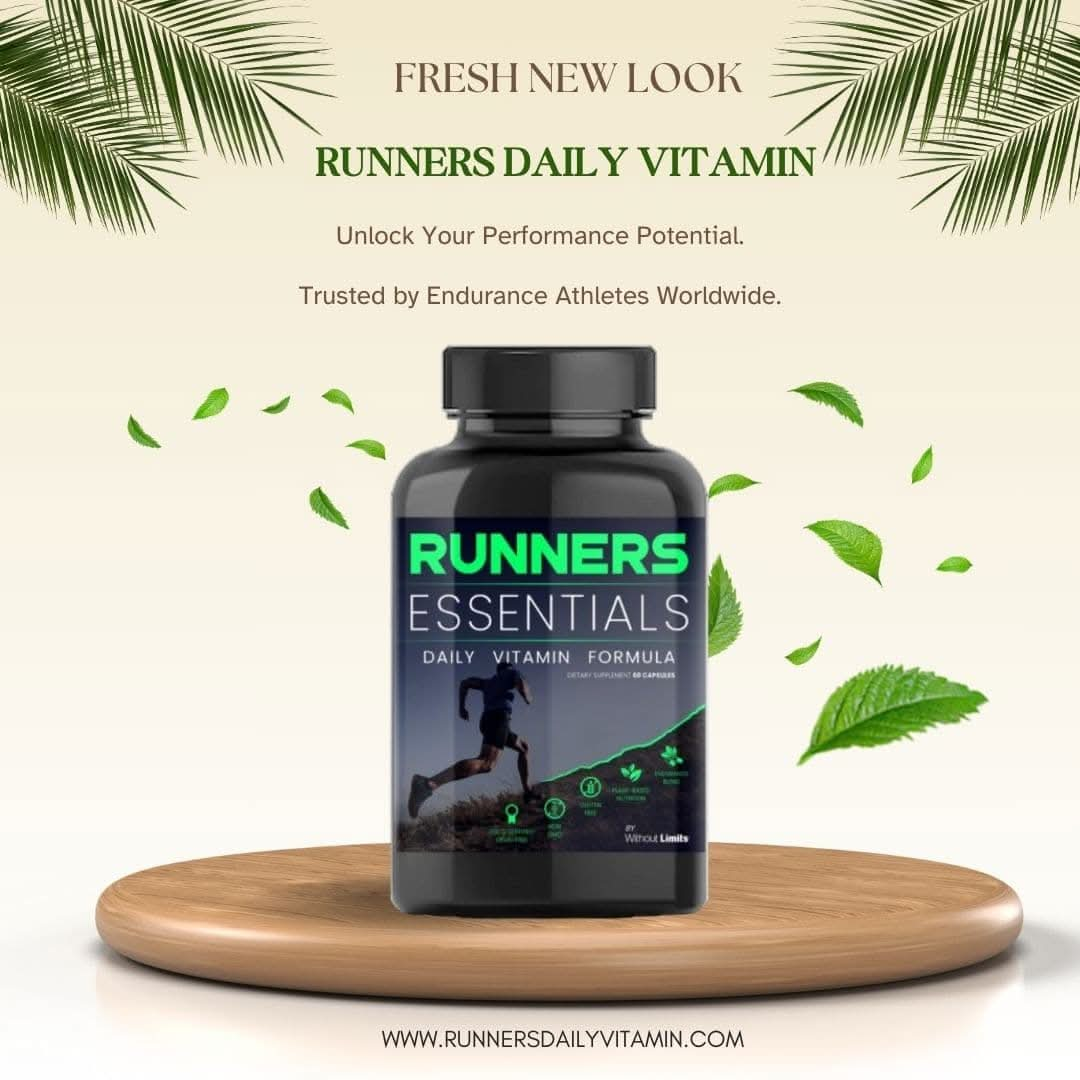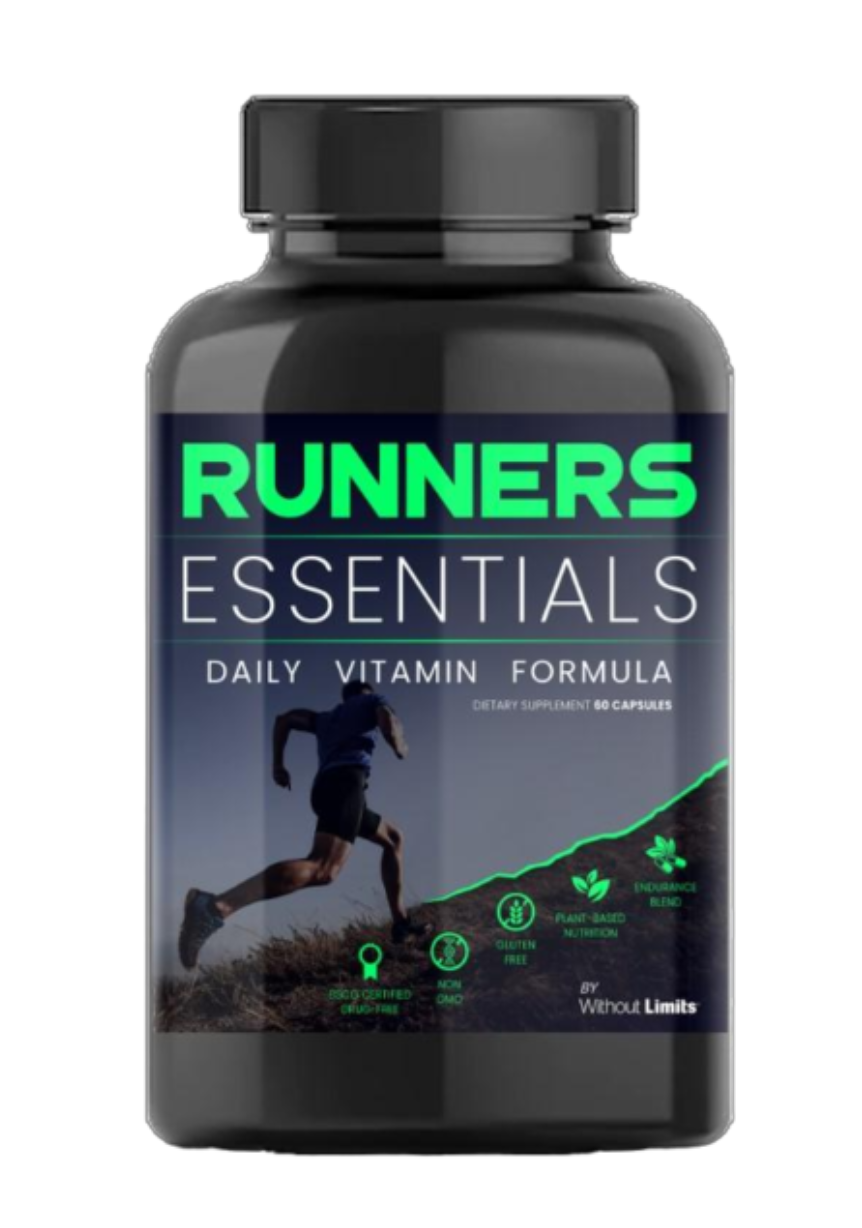Scott W. Tunis MD FACS •
Protein and carbohydrates are essential nutrients for successful recovery from strenuous exercise, protein for skeletal muscle repair and synthesis, and carbohydrates for energy production and replacement of glycogen stores.
That is why we drink recovery shakes after our long runs and endurance workouts. Hopefully, our favorite one tastes good too!
With literally thousands of recovery drinks from which to choose, all differing in protein source and amount, in carbohydrate composition and dose, in the type of sweetener, in added vitamins, minerals, electrolytes, and micronutrients, and in taste…how is one possibly to decide on which is best for you?
If you prefer to choose the best recovery shake based on real science rather than on slick marketing, a catchy slogan, a pretty label, or on taste alone, then read on.
At Runners Essentials, real scientific studies are what matters and the science quoted herein is incontrovertible. Notwithstanding, we recognize that there may be different and passionate, (although frequently non-scientific) opinions about the benefits and limitations of different ingredients in recovery shakes.
Our intention is not to convince anyone that one source is better or worse than another, vegan vs. animal for example, but rather, to help you make scientifically informed choices. In the end, to each his own!
Human proteins are composed of twenty nitrogen-based building blocks called amino acids. We get amino acids by metabolizing the proteins we consume. We break down animal or plant protein into amino acid building blocks, and then we reassemble the amino acid blocks into human proteins. Because we don’t store amino acids, we must consume protein every day. More importantly, we can synthesize eleven of the twenty different amino acids we need by modifying others, but there are nine essential amino acids we cannot synthesize and which must be in our diet—histidine, isoleucine, leucine, lysine, methionine, phenylalanine, threonine, tryptophan, and valine.
The most common sources of protein in recovery shakes are whey, casein, egg, pea, brown rice, hemp, and mixed plant protein. Here are three important facts to consider when evaluating the source of protein in a recovery supplement:
- SCIENTIFIC FACT #1 Only whey, casein, and egg proteins contain all nine essential amino acids in sufficient concentrations to be considered complete sources of dietary protein.
Pea, hemp, brown rice, and single plant proteins are insufficient in methionine and /or lysine to be considered complete sources of dietary protein. You could not assemble human proteins with these plant proteins as your sole source of amino acids. You would be missing essential blocks.
Mixed plant proteins typically combine two or more plant sources which have different compositions in order to provide all of the essential amino acids in adequate concentrations. These mixed formulas can closely mimic the composition of complete animal-based single source proteins.
- SCIENTIFIC FACT #2 Whey protein contains the highest concentration of leucine.
Leucine seems to be the all-star of essential amino acids and has been shown to be particularly effective in stimulating muscle protein synthesis and reducing markers of muscle damage after endurance exercise:
According to a study in Medicine and Science in Sports and Exercise 2015 titled "Protein-leucine Fed Dose Effects on Muscle Protein Synthesis after Endurance Exercise”, it was demonstrated that protein-leucine ingestion after strenuous endurance exercise accentuated muscle protein synthesis and improved recovery of muscle performance.
In the International Journal of Medical Sciences 2017: in the study “Whey Protein Improves Marathon-Induced Injury and Exercise Performance in Elite Track Runners” it was demonstrated that athletes using whey protein had significantly reduced serum markers of muscle damage and inflammation during, immediately after, and one week after a full marathon.
- SCIENTIFIC FACT #3 Whey protein is the most rapidly digested and absorbed while plant-based proteins are the slowest.
Due to their high fiber content, plant-based proteins are more slowly digested and absorbed than animal proteins, and as it turns out, the timing of post-exercise protein delivery is critical. The scientific evidence is clear that the sooner that high-quality protein is consumed and absorbed after prolonged and strenuous exercise, the greater the beneficial effect on muscle synthesis.
“Nutrition to Support Recovery from Endurance Exercise: Optimal Carbohydrate and Protein Replacement” published in Current Sports Medicine Reports 2015 concluded that consuming a source of protein immediately after endurance exercise is critical to enhance muscle protein synthesis and delaying ingestion by as little as 3 hours was shown to markedly attenuate the anabolic effects of the dietary amino acids.
Published in Nutrients 2019: “The Role of the Anabolic Properties of Plant Versus Animal-Based Protein Sources in Supporting Muscle Mass Maintenance: A Critical Review”, this study concluded plant-based proteins have less of an anabolic effect than animal proteins due to their slower digestibility, lower essential amino acid content (especially leucine), and deficiency in other essential amino acids such as methionine and lysine.
In summary, the scientific evidence indicates that among the common sources of protein in recovery shakes, whey protein:
- Is the most complete protein source in essential amino acid composition
- Has the highest leucine content
- Possesses the most rapid digestion and absorption kinetics
- Is the most efficient at stimulating muscle synthesis and repair
- Has the most activity in reducing parameters of inflammation and muscle damage.
Some athletes may have specific reasons to choose a protein source other than whey, such as lactose intolerance, election of a vegan diet, advocacy of environmental concerns, or simply a non-scientific preference for plant-based protein.
Nonetheless, endurance athletes without special needs for a specific protein source can be confident that the overwhelming body of credible scientific data supports whey protein as the first choice protein source for recovery, outperforming all other sources in head to head comparisons of measurable beneficial effects.
RELATED
More stories

Why Hard Exercise Feels Worse When You’re Alone
Set It and Forget It! Up to 35% OFF Single Bottle Price with a Subscription + Free Shipping.
A fusion of science, athletics, and nutrition that maintains an unwavering commitment to quality, content, and purpose. Our daily proprietary formula blends essential vitamins, potent antioxidants, and energy-boosting adaptogens.
Physician, Elite Athlete and Nutritionist formulated and grounded in real science.
- Manufactured in the USA in a GMP and NSF Certified Facility
- Non-GMO, Gluten Free, BSCG Certified Drug Free
- 22 All-Natural Ingredients with 12 Essential Vitamins and Minerals
- 6 Super Antioxidants and 4 Phytonutrients
- Physician, Elite Athlete and Nutritionist Formulated
